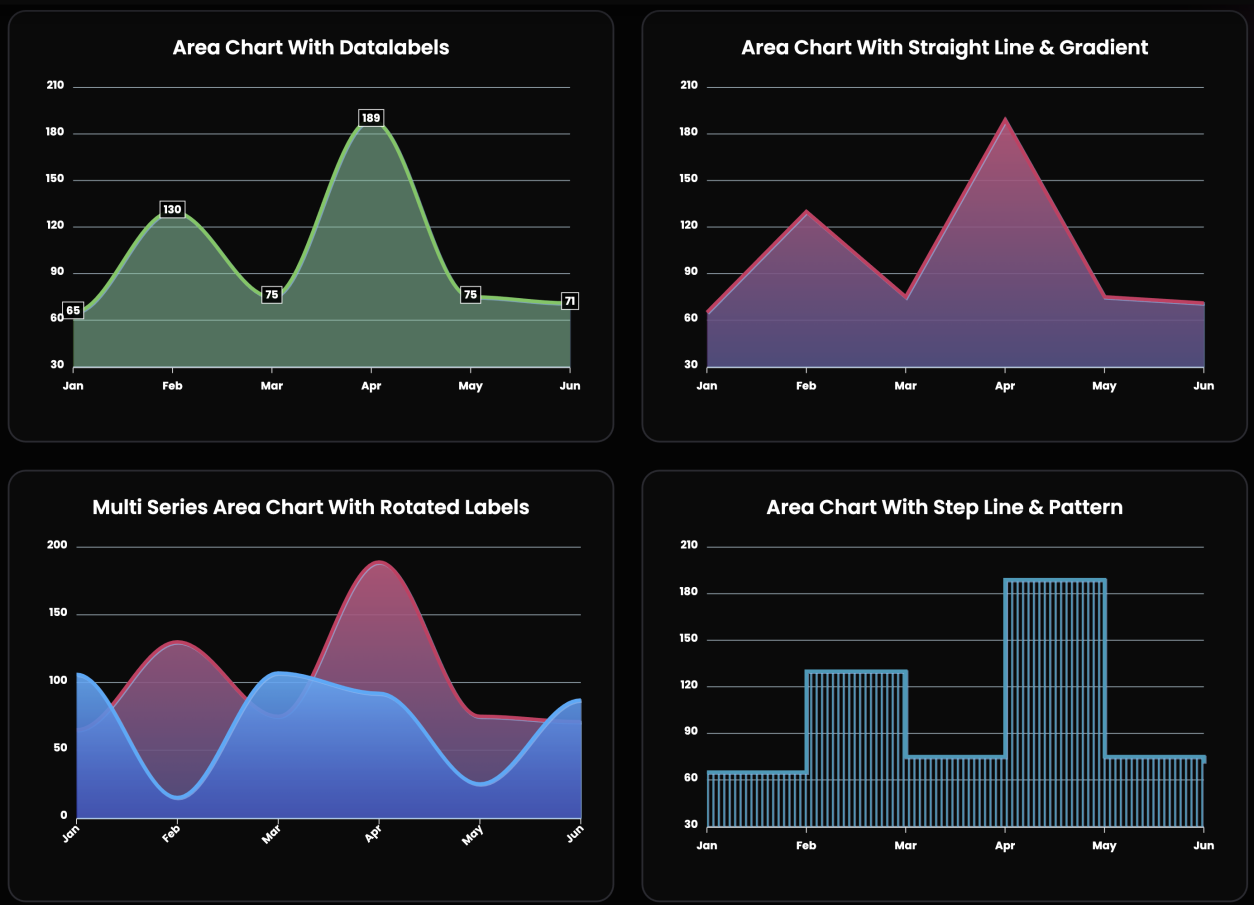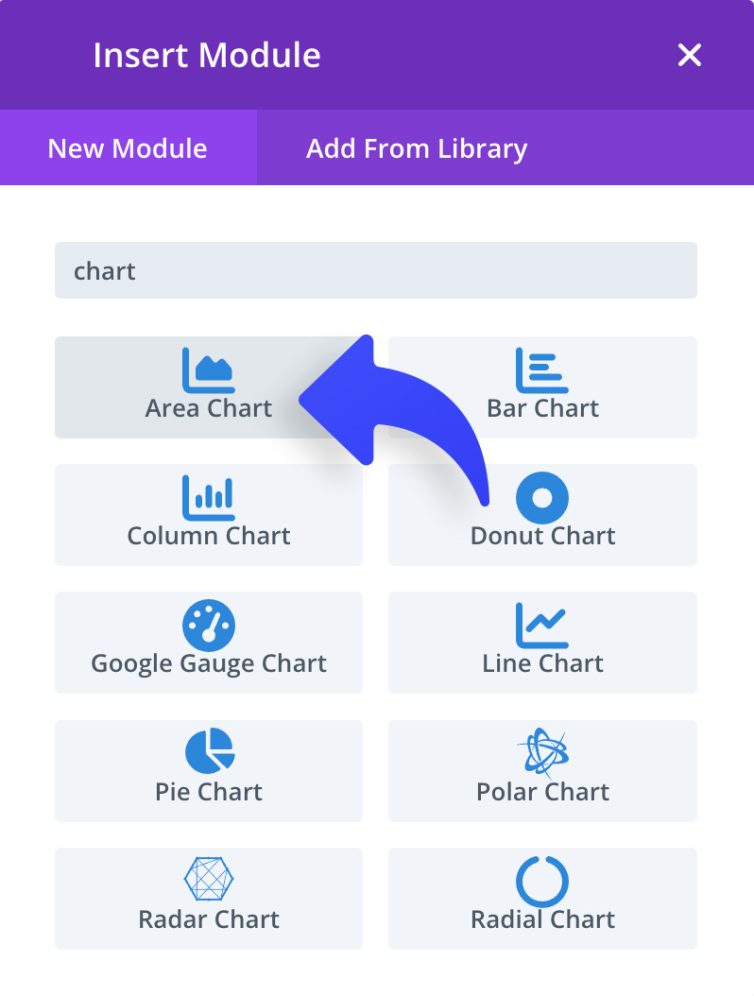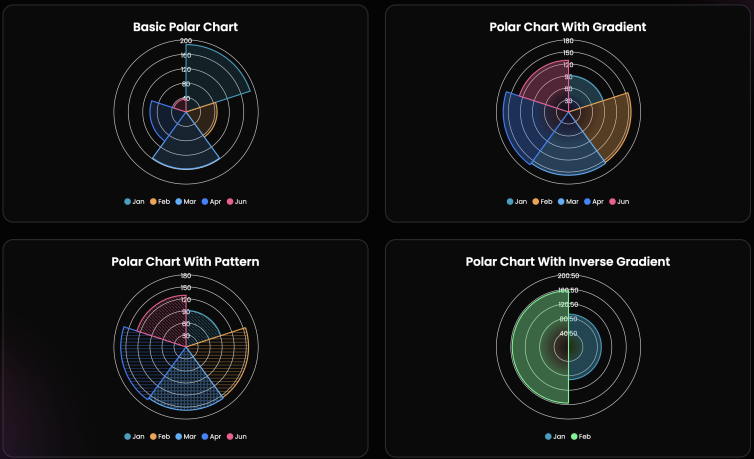Area Chart
Divi Module by Iqonic Design
An Area Chart is a great way to display data dynamically in a visual chart on your website. The Area Chart module for Divi allows you to create and style an area chart right inside the Divi Builder. You can choose to add data to build a new chart manually or you can pull data dynamically from an external source (like Google Sheets). Once all the data is there, you can customize the style of the chart using the Divi Builder options.

Module Documentation
How To Use The Area Chart Module
This is a premium module created by Iqonic Design. It is available for purchase in the Divi Marketplace. Divi has a thriving ecosystem of third party modules that greatly expand Divi's potential. This is one of the great strengths of Divi! Once you install the plugin, the Area Chart module will become available on your website. You can then customize it using Divi's wide range of design settings.
View Module Documentation
Frequently Asked Questions
-
What is a Divi module?
Divi modules are content elements that you can use to build pages in Divi. Each module has a unique set of features, elements and design settings that help you create something unique. Different modules serve different purposes. Using Divi's huge set of modules, you can build just about any type of website.
-
Is this module included free with my Divi membership?
This is a commercial third party module created and sold by Iqonic Design. It's available for purchase in the Divi Marketplace. Every module developed by Elegant Themes is available for free with your Divi membership while third party modules are available for purchase in the Divi Marketplace. The Divi Marketplace is full of hundreds of wonderful free and commercial products that extend Divi's functionality. This thriving ecosystem is one of Divi's greatest assets!
-
Where can I find more Divi modules?
Thanks to Divi's thriving development community, there are lots of third party Divi modules available for free and for purchase. The best place to find more Divi modules is in the Divi Marketplace.
-
How can I make my own Divi modules?
Yes, Divi's module API makes it easy for developer to create their own modules! Once you build a module, you can use it on all of your future projects or even sell it in the Divi Marketplace. To learn more about how to create your own modules, please visit our developer documentation.
Explore More Modules From The Divi Marketplace
In addition to Divi’s standard content elements and the free content elements from the community, there are also hundreds of commercial content elements that you can purchase from the Divi Marketplace. One of Divi’s biggest assets is its thriving ecosystem of commercial products, ensuring that there is always a solution for the type of website you are building.


